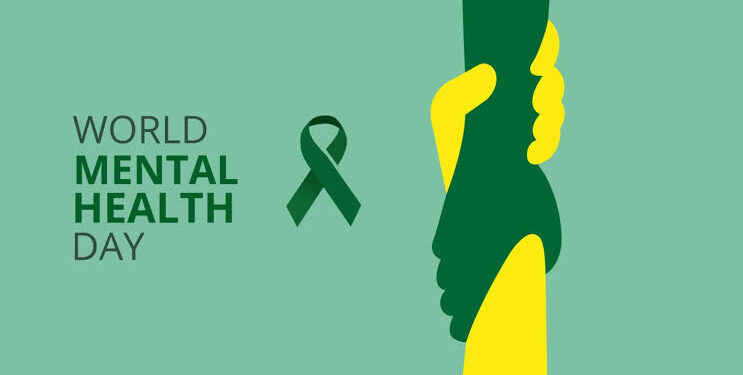Coordinating Minister Ali Pate has called on Nigerians to destigmatize mental health on World Mental Health Day. He emphasized empathy over criminalization, urging a holistic approach to mental well-being.
Pate highlighted the need for a nationwide commitment and resources to implement the Mental Health Act. The focus is on improving accessibility, affordability, and quality of mental health care.
Government officials acknowledge the necessity of addressing not only traditional mental health issues but also substance abuse among the youth.
Minister of State Dr. Tunji Alausa recognizes the impact on society and mentions government efforts to combat this scourge.
Families are encouraged to work towards reducing risks, and religious leaders are called upon to play a significant role.
Alausa notes the existence of several neuropsychiatry hospitals in the country, with plans to change their nomenclature to Federal Specialist Hospitals.
The goal is to expand services beyond psychiatric care to provide comprehensive medical services. Efforts are underway to incorporate mental care into Primary Health Care centers.
Executive Secretary of the National Human Rights Commission, Tony Ojukwu, looks forward to giving effect to the National Mental Health Act (2023).
The Commission emphasizes humane treatment of individuals with mental health conditions and calls for the operationalization of legislation. Ojukwu stresses the importance of mental health care availability, accessibility, and affordability.
NHRC urges the government to take progressive steps to enhance mental health in Nigeria, emphasizing the need to address economic and social conditions affecting mental well-being. The focus is on achieving the appropriate mental health balance for individuals to contend with life’s challenges.












